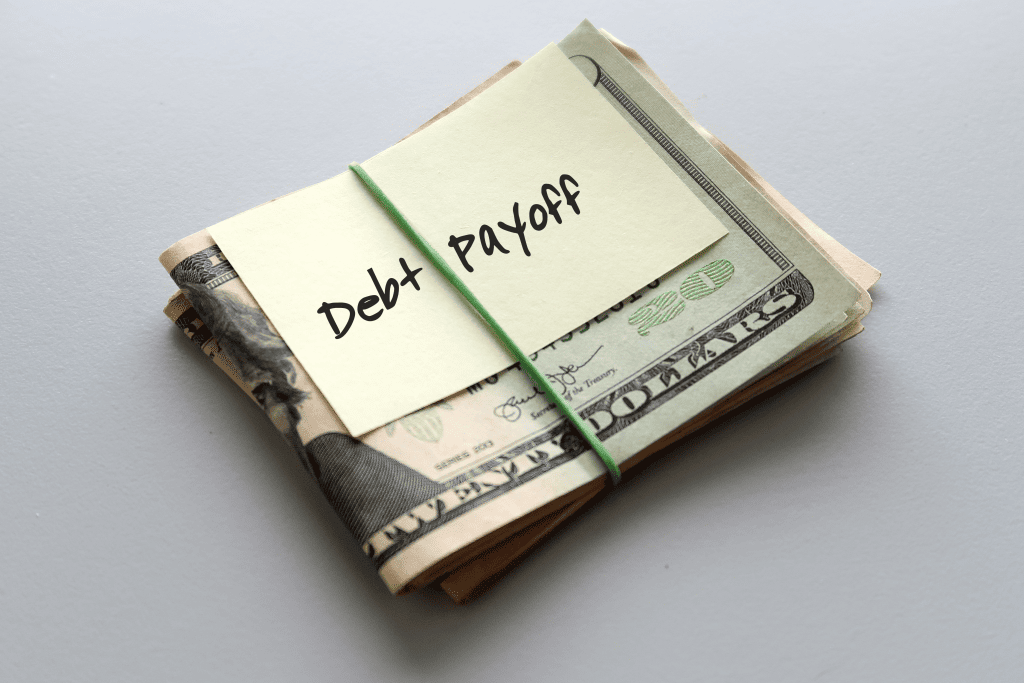Debt payoff is one of the best things you can do to strategically support your finances during a recession.The topic of debt can often feel sensitive for some people, triggering feelings of shame and embarrassment. We hope that through this blog post we can help destigmatize and demystify debt for you.
The reality is, most people will incur debt at some point in our lives and debt isn’t an inherently bad thing. Mortgages, student loans, car payments, even credit cards all have their advantages if you understand the terms and can actively keep up with the payments. Plus, debt is how we build higher credit, and higher credit helps you get better deals on loans and lines of credit you need to build your business.
So don’t be afraid of looking at your debt. Face it, make a plan, and get it paid down. Here’s how to do that.
1st: Get A Good, Clear Idea Of All Your Debts
To effectively manage your debts, it is essential to compile a comprehensive list of your obligations. This can be done either on a spreadsheet or a piece of paper, depending on your preference. Start by documenting each debt, noting the creditor or institution responsible for it, such as Aidvantage for student loans or American Express for your credit card. Include the specific amount owed for each debt and the minimum payment required. Additionally, record the interest rate associated with each debt, opting for the highest possible rate if it is variable. By organizing this information, you can gain a clear understanding of your financial obligations and devise a strategic plan to tackle them.
2nd: Make A Plan
In addition to compiling a list of your debts, it is crucial to calculate the total sum of minimum payments required for each obligation. Setting up automatic payments for these minimum amounts can help ensure they are consistently met, preventing any potential defaults that could lead to larger issues. It is also important to examine your budget closely and identify areas where you can allocate more funds toward paying off your debts beyond the minimums. Even small contributions can accumulate significantly over time, particularly when considering the impact of interest over the years. Once you successfully eliminate a debt, resist the temptation to reduce your monthly payments. Instead, transfer the amount you were previously paying towards the next debt with the highest interest rate. By progressively redirecting these funds, you can systematically eradicate all your debts and achieve financial freedom.
3rd: Set Up A Reward System
While the process of paying off debt may often feel arduous and time-consuming, it is crucial to acknowledge your progress and reward yourself along the way. It’s important to celebrate each time you successfully eliminate a debt, as this can provide motivation and reinforce positive financial habits. Opt for enjoyable and cost-effective ways to celebrate, ensuring that any expenditure is minimal so that the majority of your funds can be directed towards your debt repayment. Consider activities like visiting the beach, taking a well-deserved day off from work, preparing your favorite meal at home, indulging in a movie marathon featuring your beloved films, or organizing a budget-friendly dinner party with friends. By incorporating these moments of celebration into your debt repayment journey, you can maintain a sense of accomplishment and stay motivated to reach your financial goals.
Most importantly, give yourself grace during this process. If you have an emergency and can’t pay off extra debt that month, don’t beat yourself up. Just get back to it when you can.
If you have questions, contact Paragon today!





